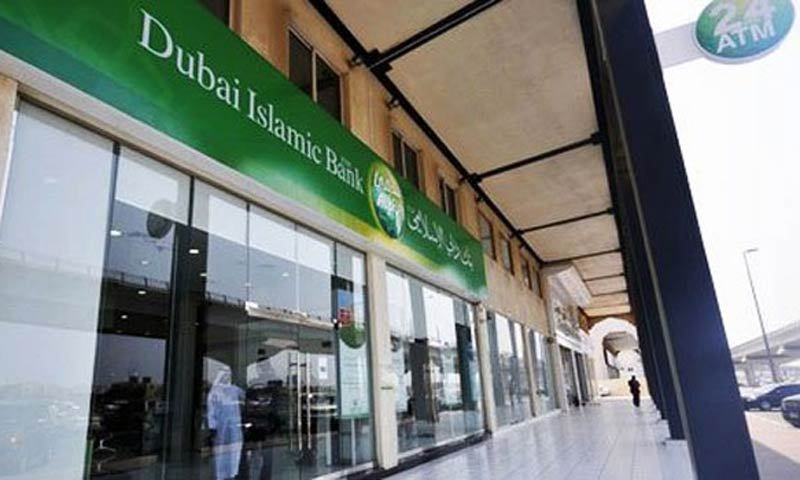Islamic banks face a greater number of risks compared to conventional banks. These additional risks arise for various reasons, including the specific nature of financing contracts and legal requirements to ensure compliance with Shariah principles.
In order to manage and mitigate these greater risks, an Islamic bank needs to allocate more resources than what a conventional bank would need to do for the same purpose.
A recent study of risk management practices of Islamic banks in Pakistan, undertaken by the authors, reveals that the strength of risk management practices has a negative relationship with profitability. The study examined the risk management practices of all five full fledged Islamic banks operating in the country.
However, it is thought that while Islamic banks would need a relatively higher commitment of resources for their risk management function and thereby adversely affect profitability, it is crucial for their sustenance in the long run.
Islamic banks need to arm themselves with management skills and operational systems to cope with this environment in the face of rapid growth. A weak risk culture has been identified as a hindrance to sustainable growth of Islamic banks by EY World Competitiveness Report 2013.
The risks identified by the IFSB Guidelines 2005 were the focus of the study.
These include credit risk, market risk, liquidity risk, operational risk, Shariah compliance risk, equity investment risk, rate of return risk and displaced commercial risk. The risk management practices were further subdivided into Risk Policy and Environment, Risk Measurement and Risk Mitigation.
Risk Environment assessed the board-level approach of providing a risk management framework to their respective banks. The risks that were identified by the banks were under the radar of the Board of Directors (BoD), and they were outlining the overall objectives and communicating the policies and limits down the line.
Beyond identification, valid processes and monitoring systems were approved and put in place by the BoD. However, a gap was recognised in the identification of risks to which an Islamic bank is exposed to, mainly due to the management’s perception of those risks as being insignificant.
Risks which have been identified were being measured with little variation across the industry. Banks were using techniques to measure credit, market and operational risk as required by the Basel II accord and the regulator.
Banks were using their own internal credit criteria like gap/duration analysis, Value at Risk (VaR), scenario analysis etc. to measure the risks. There was, however, room for employing more sophisticated techniques such as VaR for operational risk and risk adjusted return on capital (Raroc).
Analysis was carried out based on the assigning of a risk score to each Islamic bank for the strength of its risk management function for comparing it with its profitability.
Interestingly, it was found that Risk Mitigation practices had the lowest score amongst the measured practices. Risk mitigation techniques for credit risk were most comprehensive — being the single-most important risk faced by banks.
However, there was a lag between the industry leader and others in some areas. Some banks had more comprehensive training programmes for their employees than others. Other features such as operational risk not being an independent function and part of internal audit in most cases was contrary to best risk management practices.
The result of the study suggests that since the industry is highly regulated, there is not a lot of variability in practices of the five full fledged Islamic banks in Pakistan.
However, the risk management framework for Islamic banks is in an evolutionary stage. Hence, some risks which are not considered significant by the industry have not been incorporated as such in the risk management framework, e.g. displaced commercial risk and equity investment risk.
The compliance with Basel II and further strengthening of monitoring by the central bank has led to better risk management practices over the period of seven years. However, more research and investment, in terms of both time and money, has led to a negative relationship between profitability and risk management practices.
In fact, implementation of Basel II (and with Basel III in the offing), and the global financial crisis, have enhanced focus on better risk management practices, forcing conventional set ups to also allocate more resources for risk management, thereby reducing their profitability as well to some extent.
The current risk management practices need to evolve as the business model of Islamic banks is evolving. The Islamic financial industry has so far concentrated on trade-based modes and avoided participatory modes.
With the SBP taking initiatives to encourage participatory modes and Islamic banks moving from conformity to differentiation (from their conventional counterparts), risk management framework demands greater research and investment to find solutions for managing the unique risks faced by Islamic financial institutions.
Given its inception stage, demand for product innovation and profitability constraints of Islamic banks, the risk management practices, which require huge investment, serve as a challenge to Islamic banks, and face the risk of taking the back seat.
Mr H. Jamal Zubairi is the Head of Accounting and Finance Faculty at the Institute of Business Management, Karachi, and Ms Sarwat Ahson is a Senior Lecturer at IoBM.
jamal.zubairi@iobm.edu.pk
sarwat.ahson@iobm.edu.pk












































Dear visitor, the comments section is undergoing an overhaul and will return soon.